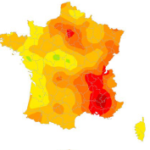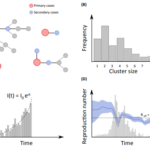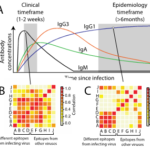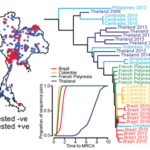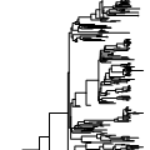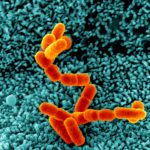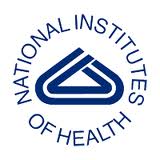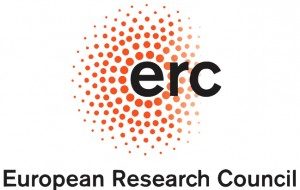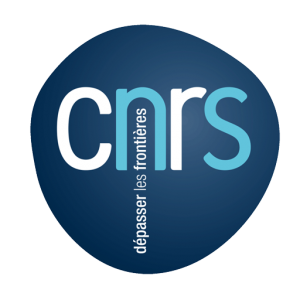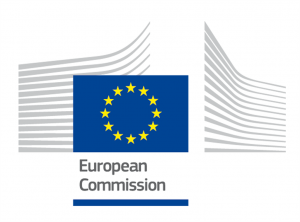The last few years have been marked by the emergence and spread of a number of infectious diseases across the globe. For example, outbreaks of Zika and chikungunya in the Americas, Ebola Virus Disease in West Africa and MERS coronavirus in the Middle East and South Korea each resulted in substantial public health burden and received widespread international attention. These emergences have highlighted the many challenges faced by the public health community to anticipate, assess, manage and control these epidemics. In addition, established infectious diseases such as seasonal influenza, dengue or malaria keep on affecting hundreds of millions of persons each year. Policy-making to control these epidemics should ideally be informed by sound epidemiological assessments as well as projections of what may happen under a number of scenarios describing the different control strategies available. However, performing such analyses proves particularly challenging. First, epidemiological data are often frail, incomplete and hard to interpret, especially when captured in emergency and uncontrolled situations. Second, infectious diseases dynamics are complex and non-linear so that dedicated modelling techniques are required both to interpret trends and predict what will happen next. The main research objective of our unit is to develop state-of-the-art statistical and mathematical methods to address these challenges, with the aim to increase the understanding of how pathogens spread in populations, assess the impact of interventions, support policy making and optimize control strategies. Our approach is highly multidisciplinary, looking at infectious diseases through multiple perspectives (epidemiology, statistics, modelling, surveillance, public health, policy making, microbiology), multiple scales (intra-host, person-to-person transmission, spread at the local/national/international level) and multiple data streams (epidemiological, demographic, climatic, genomic, social media). We work closely with public health agencies in France and abroad to ensure our assessments can inform the public health response to epidemics. Since the start of the COVID-19 pandemic, the team has been developping mathematical and statistical models to better characterize, understand and anticipate the threat posed by COVID-19 and evaluate the impact of control measures. Our research activities on COVID-19 are presented in a dedicated webpage: https://modelisation-covid19.pasteur.fr/. 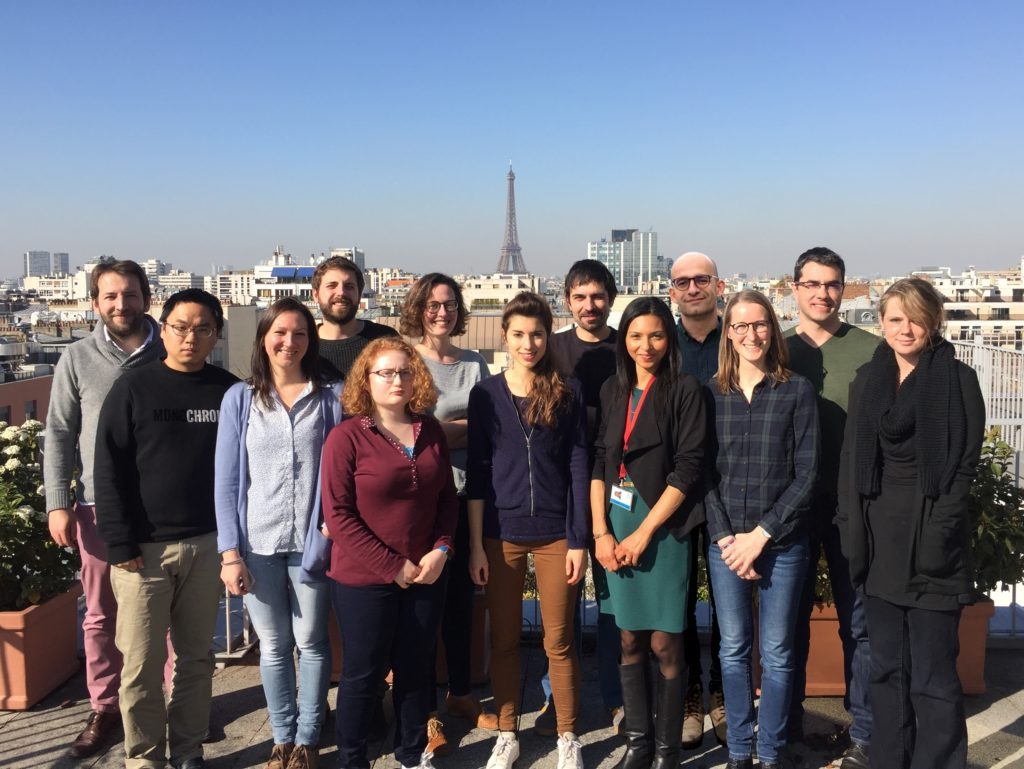
Click to view graph
Connections
About
Members
Former Members
2000
2000
Name
Position
2015
2020
Alexis Robert
Graduate Student
2015
2020
Cyprien Kengne
Graduate Student
2015
2020
Mirco Sandfort
PhD Student
2015
2020
Ana De Casas
Administrative Staff
2015
2020
Mathilde Saccareau
Post-doc
2015
2020
Mikhail Churakov
Post-doc
2015
2020
Matthieu Najm
Graduate Student
2015
2020
Anthony Cousien
Post-doc
2015
2020
Lou Macaux
Graduate Student
2015
2020
Anne KONGCHANH
Administrative Staff
2015
2019
Quirine ten Bosch
Post-doc
2019
2019
Teyputita OU
Pharmacist
2019
2019
Fanny Mazzamurro
Graduate Student
2015
2019
Noémie Courtejoie
PhD Student
2015
2020
Noémie Lefrancq
Graduate Student
2016
2019
Birgit Nikolay
Post-doc
2020
2020
Rebecca Christofferson
Visiting Scientist
2020
2020
Aziz Fouché
Graduate Student
2020
2020
Mirabelle Scipioni Guenancia
Graduate Student
2015
2020
Henrik Salje
Group leader
2018
2020
Lin Wang
Post-Doc
2019
2020
Gabriel Ribeiro dos Santos
Graduate Student
2017
2020
Catherine Eisenhower
PhD Student
2019
2020
Takahiro Nemoto
Post-Doc
2021
2022
Ixandra Achitouv
Post-Doc
2022
Alessio Andronico
Engineer
2022
2022
Eliharintsoa Rajaonarimirana
Intern
2022
2022
Flora Soussand
Intern



















